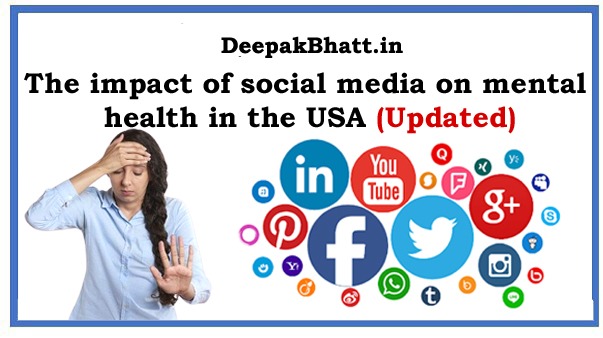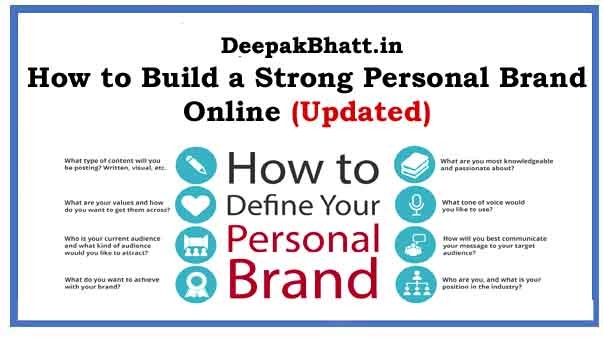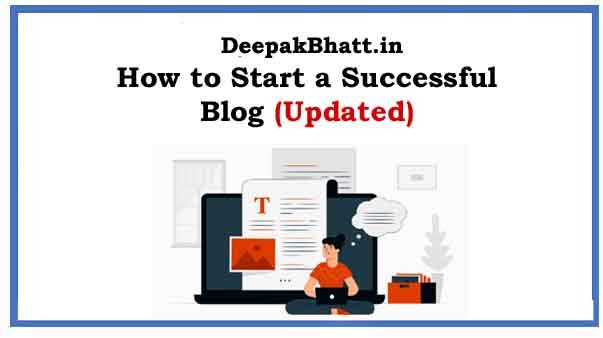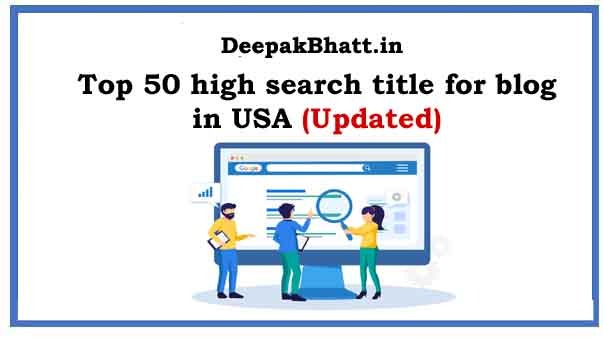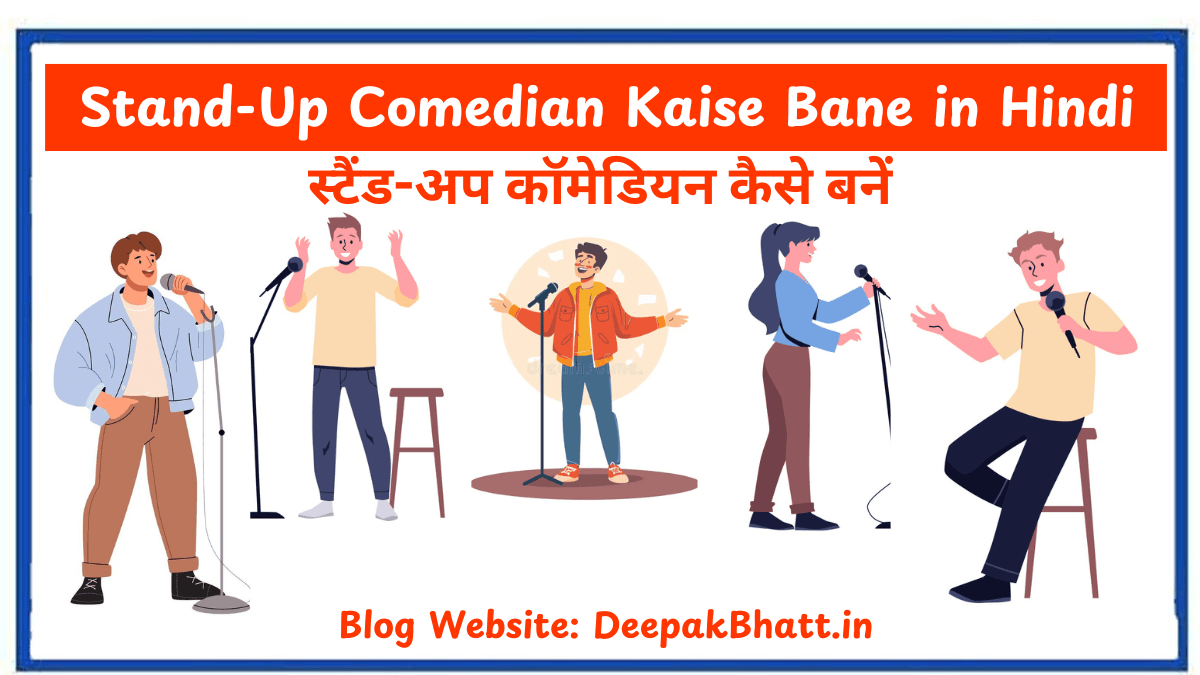The impact of social media on mental health in the USA is a complex and ongoing topic of research and discussion.
While social media has many benefits, including the ability to connect with others, share information, and express oneself, it can also have negative effects on mental health.
One study found that spending more time on social media is associated with greater feelings of loneliness and depression.
This may be because social media use can lead to feelings of social comparison, where individuals compare themselves to others and feel inadequate or inferior.
Additionally, social media can be a source of online harassment and cyberbullying, which can have negative effects on mental health.
However, it is important to note that the relationship between social media use and mental health is not necessarily one of cause and effect.
Other factors, such as pre-existing mental health conditions or stressors in an individual’s life, may contribute to both social media use and mental health issues.
It is also worth noting that social media can have positive effects on mental health. For example, it can provide access to mental health resources and support groups, as well as promote social connectedness and positive social interactions.
Healthy eating tips for busy Americans
Best ways to save money in the USA
How to Stay Motivated During Tough Times
- 1 The impact of social media on mental health in the USA
- 2 1.Social comparison: impact of social media
- 3 2. Cyberbullying: Impact of social media
- 4 3. Addiction-like behaviors: Impact of social media
- 5 4. Fear of missing out (FOMO): Impact of social media
- 6 5. Reduced face-to-face interactions: Impact of social media
- 7 6. Sleep disturbances: Impact of social media
- 8 7. Exposure to negative news: Impact of social media
Here are some of the ways in which social media can impact mental health: impact of social media
Social media platforms often present idealized versions of people’s lives, which can lead to feelings of inadequacy and low self-esteem.
Social comparison is a process in which individuals evaluate themselves by comparing themselves to others. On social media platforms, people often present idealized versions of their lives, which can lead to feelings of inadequacy and low self-esteem in those who view these posts.
For example, someone may see pictures of their friends traveling to exotic locations, attending glamorous events, or enjoying seemingly perfect relationships on social media. These posts can create a sense of pressure to measure up to these idealized standards, which can lead to negative impacts on mental health.
Social comparison can contribute to feelings of anxiety, depression, and low self-esteem, as individuals may feel that they are not measuring up to the idealized standards presented on social media. This can create a cycle of negative self-talk, where individuals may judge themselves harshly and feel as though they are not good enough.
It is important to be mindful of the impact that social comparison can have on mental health and to take steps to manage these feelings. This can include limiting social media use, practicing self-compassion and self-care, and seeking support from friends, family, or mental health professionals.
Social media can be a breeding ground for online harassment, cyberbullying, and hate speech, which can cause psychological distress, anxiety, and depression.
Cyberbullying is a form of bullying that occurs online, typically through social media platforms, messaging apps, or other digital communication channels. Cyberbullying can take many forms, including sending threatening messages, spreading rumors or gossip, sharing private information without consent, or creating fake profiles to harass or impersonate someone.
Cyberbullying can have a significant impact on mental health, causing psychological distress, anxiety, depression, and in severe cases, even leading to suicidal ideation or attempts. Victims of cyberbullying may experience feelings of shame, embarrassment, and isolation, and may be afraid to seek help or report the abuse.
It is important to take steps to prevent and address cyberbullying, both as an individual and as a society. This can include setting boundaries around social media use, reporting abusive behavior to platform moderators or authorities, and providing support and resources for victims of cyberbullying. It is also important to educate young people about the harmful effects of cyberbullying and to promote positive online behaviors and interactions.
The constant availability and stimulation of social media can lead to excessive checking and usage of social media platforms, which can contribute to addiction-like behaviors and have negative impacts on mental health.
Addiction-like behaviors related to social media use are becoming increasingly common and can have negative impacts on mental health. These behaviors can include compulsive checking of social media notifications, spending excessive amounts of time on social media, and feeling a sense of withdrawal or anxiety when unable to access social media.
These behaviors can be linked to the reward system in the brain, as social media use can release dopamine, a neurotransmitter associated with pleasure and reward. This can create a cycle of craving and seeking out social media use, even when it interferes with other aspects of life, such as work, relationships, or personal health.
The impact of addiction-like behaviors related to social media use on mental health can include increased anxiety, depression, and stress, as well as decreased self-esteem and a negative impact on personal relationships. It is important to be aware of these behaviors and to seek help if they are interfering with daily life or causing distress.
Treatment for addiction-like behaviors related to social media use can involve cognitive-behavioral therapy, mindfulness techniques, and other forms of psychotherapy to address underlying issues and promote healthy coping strategies. Additionally, developing a healthier relationship with social media, such as setting limits on use and taking breaks from social media, can also help to reduce addiction-like behaviors and improve mental health.
Social media can create a fear of missing out on events, experiences, or social connections, which can contribute to anxiety and stress.
Fear of missing out, or FOMO, is a phenomenon that refers to the anxiety or stress that people may experience when they perceive that others are having experiences or opportunities that they are not. Social media can contribute to FOMO by constantly presenting images of people engaged in exciting or enjoyable activities.
The constant stream of information and the pressure to stay connected on social media can create a sense of urgency to constantly check for updates and stay connected with what others are doing. This can contribute to feelings of anxiety, stress, and even depression, as individuals feel that they are missing out on important experiences or connections.
FOMO can also contribute to a cycle of social comparison, where individuals compare their own lives to the idealized versions presented on social media, leading to feelings of inadequacy and low self-esteem.
To manage FOMO, it is important to take breaks from social media and to focus on the present moment and the experiences that are available in real life. This can involve practicing mindfulness techniques, setting boundaries around social media use, and seeking support from friends, family, or mental health professionals.
It is also important to remember that social media does not necessarily reflect reality, and that the images and experiences presented on these platforms are often curated and idealized. Focusing on personal goals and values, rather than external comparisons, can also help to reduce the impact of FOMO on mental health.
The reliance on social media for communication can lead to a reduction in face-to-face interactions, which can contribute to social isolation and loneliness.
Social media has been linked to reduced face-to-face interactions, which can have negative impacts on mental health. With the prevalence of social media, people may opt to communicate through digital platforms rather than engaging in face-to-face interactions. This can lead to social isolation and loneliness, which can contribute to depression, anxiety, and other mental health issues.
While social media can connect people across distances and time zones, it cannot replace the benefits of in-person social interactions, which include increased feelings of social support, a sense of belonging, and the opportunity to engage in shared experiences.
Reduced face-to-face interactions can also contribute to a lack of social skills and difficulty with interpersonal communication. This can create barriers to forming and maintaining personal relationships, and may exacerbate feelings of social isolation and loneliness.
To combat the negative impacts of reduced face-to-face interactions, it is important to prioritize in-person social interactions and to make time for activities that involve face-to-face communication. This can involve joining social clubs or organizations, volunteering in the community, or simply spending time with friends and family in person. Additionally, engaging in activities that promote social connection, such as team sports or group exercise classes, can also help to reduce the negative impacts of reduced face-to-face interactions on mental health.
The constant stimulation of social media can interfere with sleep patterns, leading to sleep disturbances and fatigue.
Social media use can also contribute to sleep disturbances, which can have negative impacts on mental health. The blue light emitted by screens on smartphones, tablets, and computers can interfere with the production of melatonin, a hormone that regulates sleep-wake cycles, and disrupt circadian rhythms.
In addition to the physiological effects of blue light exposure, social media use can also contribute to anxiety and stress, which can make it difficult to fall asleep or stay asleep. Constant notifications and updates can create a sense of urgency and disrupt bedtime routines, leading to difficulty falling asleep and poor sleep quality.
Sleep disturbances can have negative impacts on mental health, contributing to feelings of fatigue, irritability, and difficulty concentrating. In the long term, poor sleep quality can also contribute to chronic conditions such as depression, anxiety, and insomnia.
To reduce the negative impacts of social media on sleep, it is important to establish healthy sleep habits, such as setting regular bedtimes and wake times, avoiding screens before bedtime, and creating a relaxing bedtime routine. Additionally, limiting social media use before bedtime and turning off notifications or using the “Do Not Disturb” feature on devices can also help to reduce the impact of social media on sleep quality and mental health.
Social media can expose individuals to a constant stream of negative news, which can contribute to anxiety, stress, and feelings of helplessness.
Social media can expose individuals to negative news and information that can contribute to feelings of anxiety, fear, and distress, which can have negative impacts on mental health. Social media platforms are often used as a source of news and information, and the constant stream of updates can create a sense of urgency and contribute to feelings of overwhelm.
Exposure to negative news and information can trigger stress responses in the body, leading to increased levels of cortisol, a hormone associated with stress. Over time, exposure to negative news and information can contribute to chronic stress and feelings of anxiety and depression.
To manage the negative impacts of exposure to negative news on social media, it is important to set limits on social media use and to prioritize self-care activities that promote stress reduction and relaxation. This can involve engaging in mindfulness practices, physical activity, or hobbies that promote relaxation and positive emotions.
Additionally, seeking out reliable sources of news and information, and limiting exposure to sensationalized or biased content, can also help to reduce the negative impacts of social media on mental health. It is also important to recognize the impact of social media on personal well-being and to seek support from mental health professionals if feelings of anxiety or depression persist.

